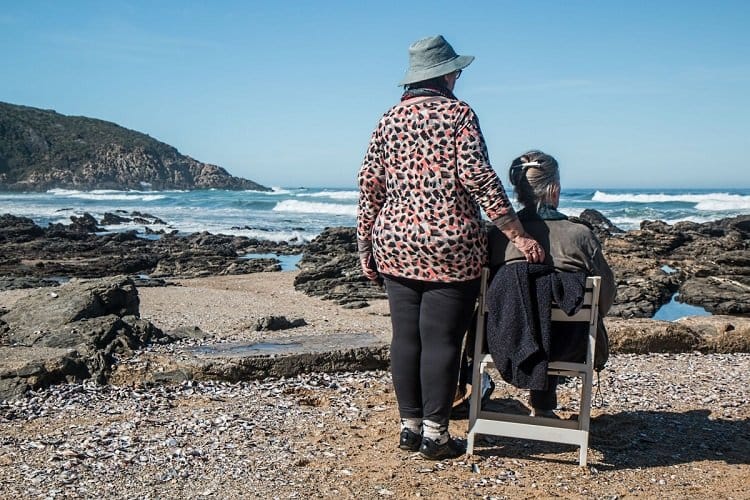In the past, not much was known about dementia. At one point, doctors believed either a person was absolutely getting dementia or they absolutely were not. They didn’t understand the risk factors for dementia, and that sometimes environmental and lifestyle factors can play a role in the development or deterrence of this horrible brain disease.
What is Dementia?
Dementia is a group of symptoms a person develops from having a brain-altering disease or disorder. If a loved one has such a disease and needs care, it’s smart to look into the best hospice care near me. Certain diseases and disorders are known to cause dementia, and these include:
- Alzheimer’s disease;
- Lewy body dementia;
- Vascular dementia;
- Frontotemporal dementia;
- Mixed dementia;
- Huntington’s disease;
- Creutzfeldt-Jakob disease;
- Parkinson’s disease;
- Traumatic brain injuries.

Key Dementia Risk Factors That Can’t Be Helped
Dementia risk factors that are natural in manner, meaning the environment they live in and their lifestyle is not a factor, include a hereditary genetic risk or predisposition for dementia. Some people are going to suffer from dementia because their DNA has certain diseases and disorders coded in. At this time, there may not be a medical intervention that can completely eradicate the disease that they are genetically destined to inherit.
A good example of a nature-related risk factor for dementia is having Down Syndrome. Down Syndrome is known to cause dementia, and to do so at an early age. Down Syndrome is a genetic disorder caused by abnormal cell division. A person with this disorder has either a full or partial additional copy of chromosome 21. At this time, there is not a known way that doctors or scientists can correct the DNA and prevent either Down Syndrome or dementia in a person with this disorder. There are zero environmental risk factors involved when it comes to developing dementia due to this disorder, it’s all nature-related.
Environmental and Lifestyle Dementia Risk Factors
Dementia risk factors that are from a person’s environment and lifestyle choices are considered nurture based. These risk factors include smoking, obesity, brain injuries, alcoholism, vitamin, and micronutrient deficiencies. These types of risks are considered preventative, as a person can control if they smoke or drink.
Why Do Environmental Risk Factors Matter?
Buying a lottery ticket does not guarantee that a person will win the lottery, it only gives them an opportunity to do so. This goes for environmental dementia risk factors as well. While smoking, drinking, and eating poorly do not guarantee a person is going to developed dementia, those factors can increase the odds that a person may do so. To lower the odds, a person can eat a balanced diet, exercise, wear a helmet when playing sports, and refrain from both drinking and smoking. Living a healthy lifestyle doesn’t guarantee a person won’t get dementia, but it can help to lessen the average person’s odds.
Some people are destined to develop dementia and, right now, there’s not a lot that the medical community can do to help prevent this disorder. Other people may have a slight hereditary risk, and those people either will or won’t develop the disease based on certain environmental factors. Someone who feels they might have a dementia risk, or those who just want to lessen their odds, need to pay attention to their environment. Smart, health-conscious people will change what they can to help lower their personal risk.

